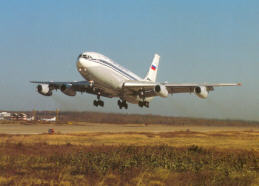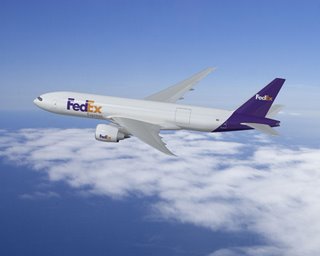Spanish airline Iberia is thinking about ending its seven-year-old partnership with British Airways and the oneworld alliance. The airline's finance and strategy director said recently that Iberia didn't feel 'tied' to BA, stating that "In a marriage you need two parties and Iberia and British Airways' priorities have not always been the same...They [BA] have their priorities...and Iberia is not in first place." He also added that Iberia could potentially hook up with SkyTeam's Air France/KLM or Star's Lufthansa.

Some analysts have wondered whether or not this is just a ploy by Iberia to get increased attention from BA, which recently raised its stake in Iberia from 9% to 10% in order to get two seats on its board. But whatever the outcome, Iberia plans to be aligned closely with either BA, Air France/KLM or Lufthansa as the airline industry in Europe heads for more consolidation. We've seen this with Ryanair's ongoing attempt to merge with Air Lingus and serious talks between Air France/KLM and Alitalia (see the last few posts).

Some analysts have wondered whether or not this is just a ploy by Iberia to get increased attention from BA, which recently raised its stake in Iberia from 9% to 10% in order to get two seats on its board. But whatever the outcome, Iberia plans to be aligned closely with either BA, Air France/KLM or Lufthansa as the airline industry in Europe heads for more consolidation. We've seen this with Ryanair's ongoing attempt to merge with Air Lingus and serious talks between Air France/KLM and Alitalia (see the last few posts).






















